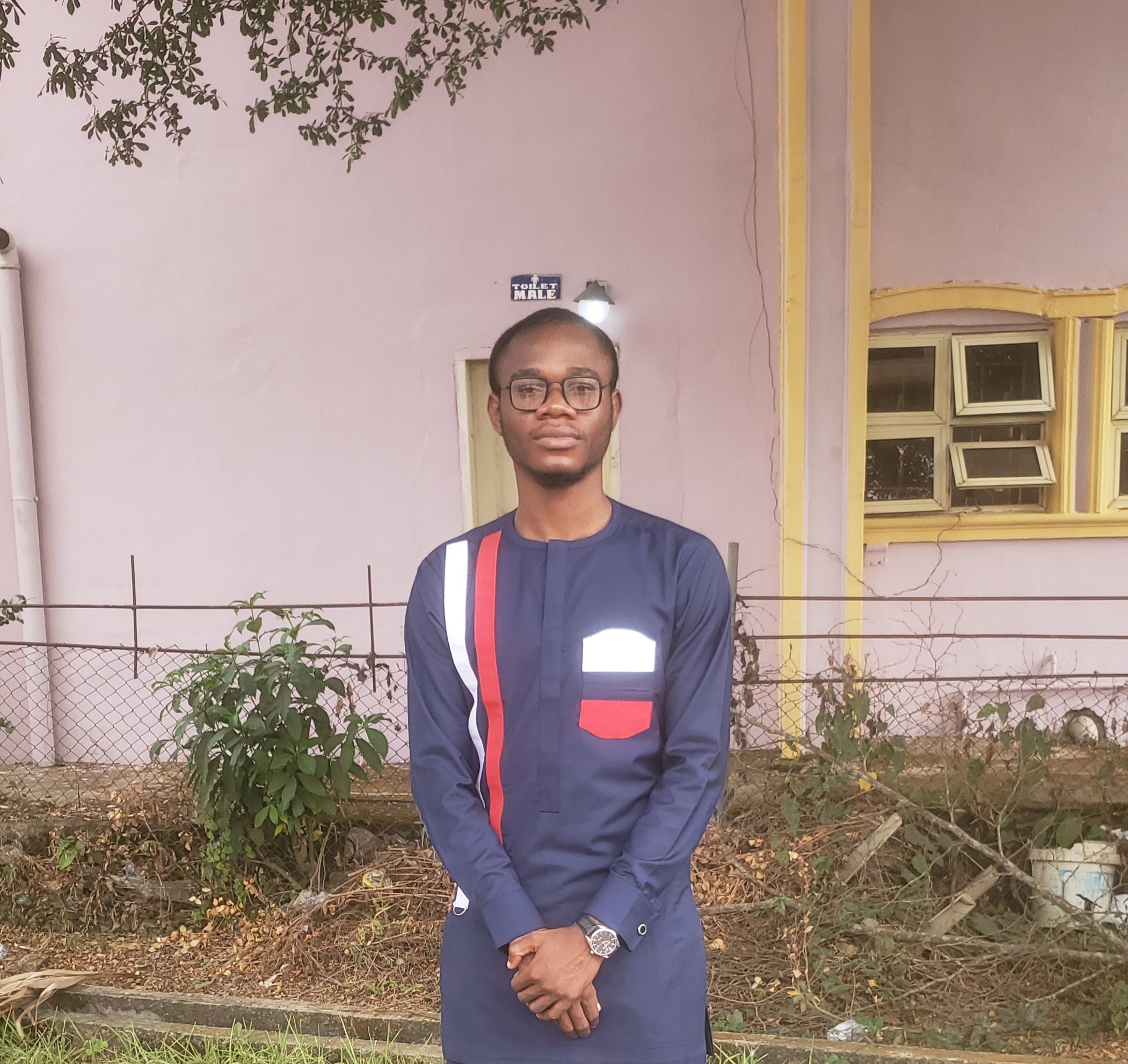590 reads
Empowering Nigeria With Web3: Exploring Autonomy, Cryptocurrency, and DAOs as Pathways to Prosperity
by
March 26th, 2024
Audio Presented by

https://hackernoon.com/web3-gateways-a-biblical-guideQ2NjQxNDc2*_ga_ECJJ2Q2SJQ*czE3NDY2NDE0NzUkbzEkZzAkdDE3NDY2NDE0NzUkajAkbDAka
Story's Credibility

About Author
https://hackernoon.com/web3-gateways-a-biblical-guideQ2NjQxNDc2*_ga_ECJJ2Q2SJQ*czE3NDY2NDE0NzUkbzEkZzAkdDE3NDY2NDE0NzUkajAkbDAka
